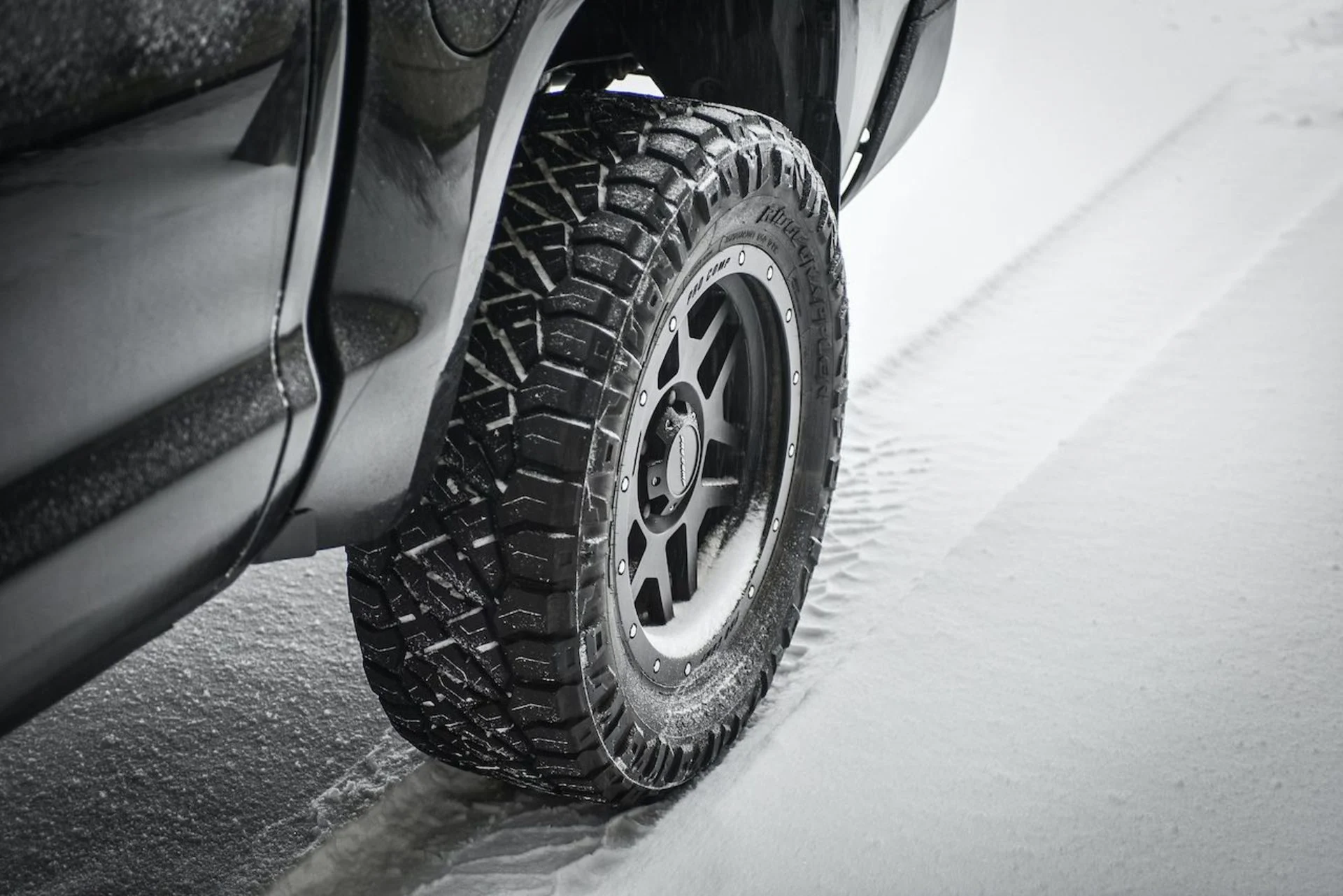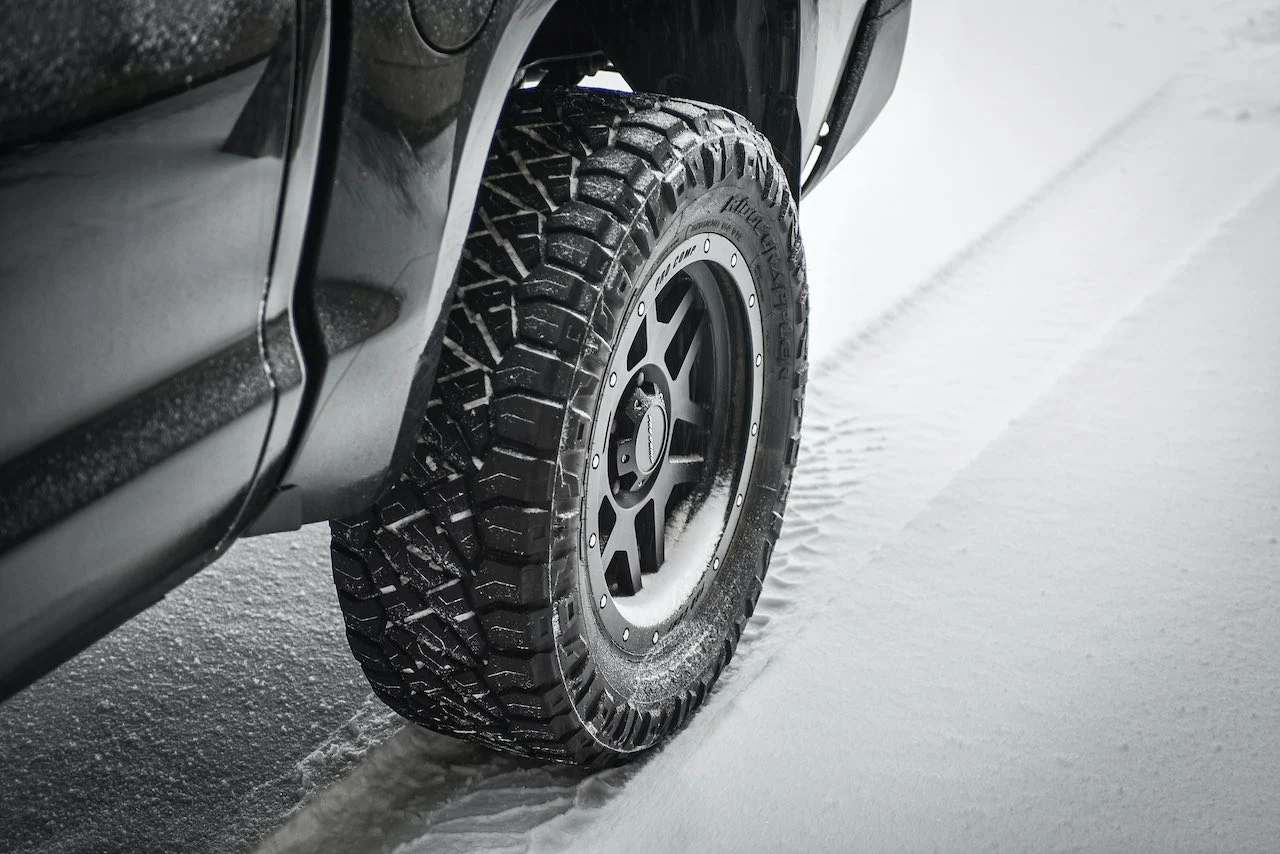
'Unsafe tires' are a concern this winter because of COVID: Study
'This is the time when safety matters.' A new survey reveals some Canadians kept winter tires on their vehicle and/or delayed maintenance because of COVID-19 -- and some don't plan on switching them out for new ones before winter.
With the second wave of COVID-19 now upon us, and winter just around the corner, some Canadians may be unprepared for the change in seasons and dealing with deteriorating conditions on the road.
A recent Kal Tire survey shows an average of 11 per cent of respondents never had their winter tires removed last spring, and among those who did switch, 60 per cent plan to wait until at least November or when snow is forecast or falling to have their winter tires installed.
The survey polled 1,633 motorists from B.C. to Ontario to determine the impact of the COVID-19 pandemic on when drivers removed their winter tires in the spring and if they would change over to winter tires earlier than normal to avoid crowds and lineups in the fall.
RELATED: All but one spot in Canada may want to keep winter tires on
Kal Tire recommends having winter tires inspected before cold temperatures set in. Since temperatures are key to when tires should be switched, with 7°C being the recommended value, October is a “safe bet” for installing them, depending on your location in the country, according to Usman Mir, Kal Tire zone manager in southwestern Ontario.
“The big difference when we look at the summer versus winter is you have ice, you have slush, there’s snow. The road conditions are much more severe and this is the time when safety matters. Snow tires have to be top of mind,” said Mir.

Photo: Daniel Foster/Unsplash.
The average of the 11 per cent of drivers who kept their winter tires on through the summer cited COVID-19 as the main reason why, as the pandemic made it a difficult time to make the switch. Of those drivers, 95 per cent plan to keep those same winter tires on for another season and 68 per cent are not concerned about the impact of driving winters through the summer.
As well, 25 per cent of drivers surveyed delayed doing maintenance work because of COVID-19. Because of the amount of safety placed on winter tires, Mir recommends having them inspected for wear and tear before the season starts.
"Winter tires are a much softer compound and they don't last nearly as long as three-season or a dedicated summer set would. There is a high risk you took a good percentage of life off those tires. It is about 50 per cent...it could reduce the life by," said Mir, adding the average lifespan of a set of winter tires is four seasons, depending on the brand.
B.C. had the highest percentage of drivers who kept their winter tires on during the summer (18 per cent), followed by Alberta at 15 per cent and Manitoba at nine per cent.
With a new wave of COVID-19 hitting Canada in the midst of the fall season, the biggest impact it will have on appointments is physical distancing and how the temperatures outside will affect the lineups of people inside auto shops, Mir said.
“As the temperatures get colder, that definitely becomes inconvenient for our customers. We always try our best to accommodate and bring as many allowable customers into the store,” said Mir. “I’m just picturing in my head, Oct. 31, -5°C and having to wait in the cold for your tires to get changed over. That definitely makes it challenging for that customer.”
Thumbnail courtesy of Daniel Foster/Unsplash.











